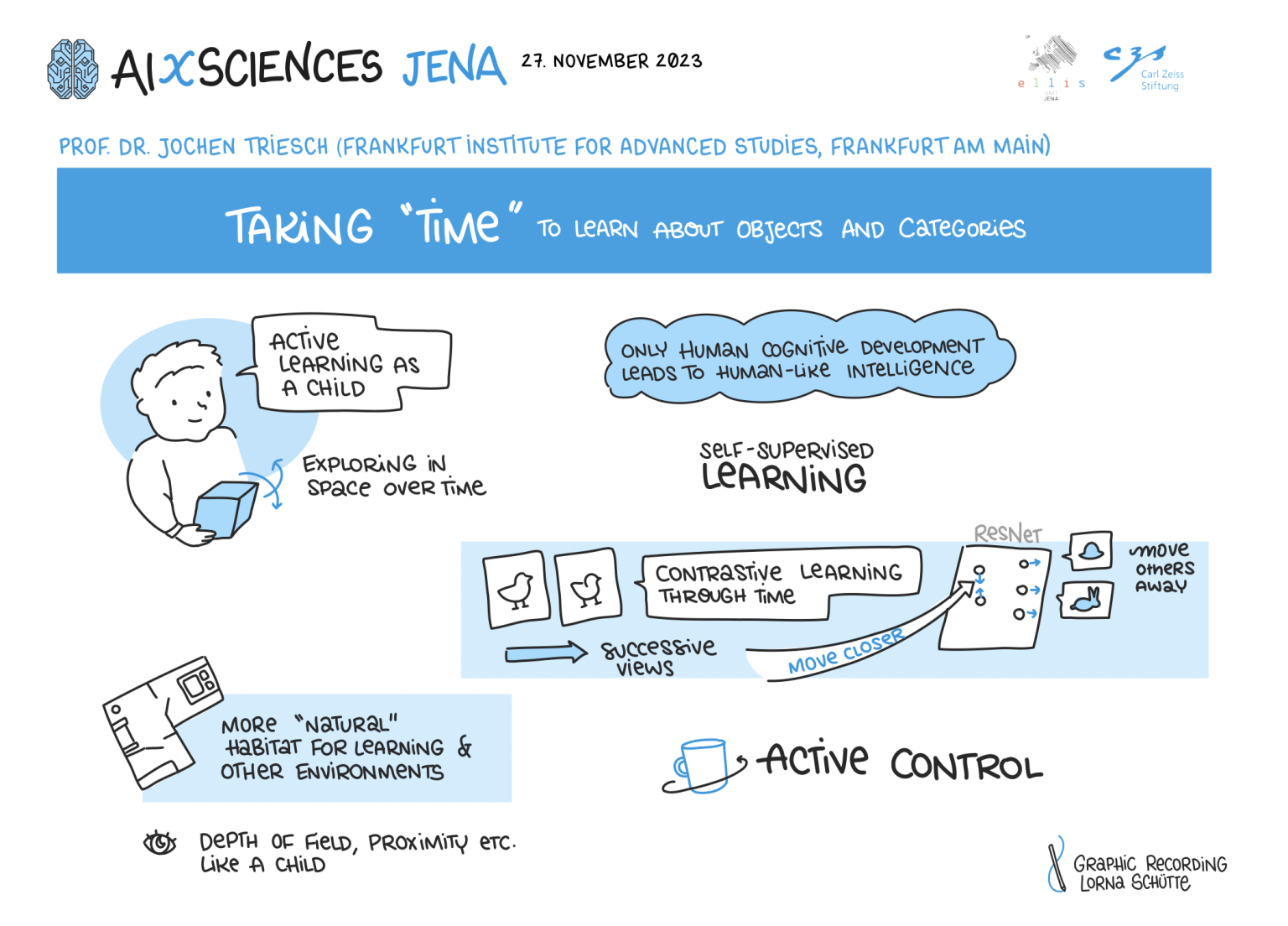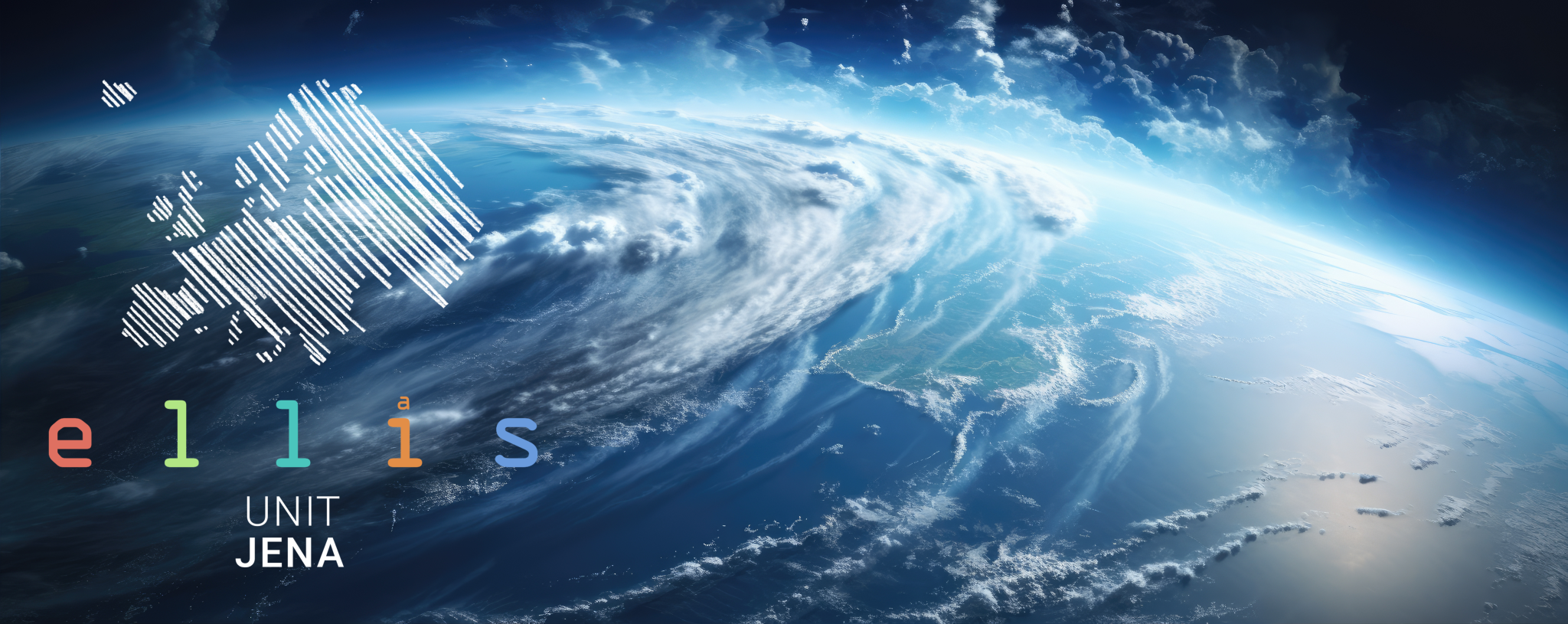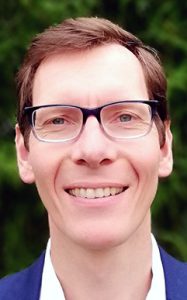Prof. Dr. Jochen Triesch
Goethe University, Frankfurt am Main
Title of the Capstone talk | 16:00 PM – 16:30 PM
Taking „time“ to learn about objects and categories
Abstract
It is impressive how human infants manage to learn about objects and object categories so much more autonomously than today’s AI systems. In particular, infants require only few instances of explicit (verbal) labeling to learn about a new object or category. Based on neuroscientific evidence from non-human primates it has long been suspected that a key to infants’ learning is exploiting the temporal structure of the visual input to form invariant representations in higher visual cortical areas. Furthermore, their ability to actively shape this temporal structure through their own behavior may be advantageous. Here, we present a modeling approach that aims to reproduce and explain infants’ ability to learn models of objects and categories with no or only little supervision from „raw“ visual input. The central ingredient of this approach is a time-based self-supervised learning mechanism that maps successive views occuring during natural interactions with objects onto close-by internal representations. We apply this approach in semi-realistic computer generated environments, where we can precisely control the (temporal) statistical properties of the visual input. We also validate the approach on natural videos of object manipulations. We show that it is sufficient to give rise to view-point invariant object recognition and the formation of proto-categories that can be refined through (verbal) labeling. Furthermore, we demonstrate how constraints on infant vision such as a limited depth of field may facilitate this learning process.
Bio
Jochen Triesch received his Diploma and Ph.D. degrees in Physics from the University of Bochum, Germany. After two years as a post-doctoral fellow at the Computer Science Department of the University of Rochester, USA, he joined the faculty of the Cognitive Science Department at UC San Diego, USA as an Assistant Professor in 2001. In 2005 he became a Fellow of the Frankfurt Institute for Advanced Studies (FIAS), in Frankfurt am Main, Germany. In 2006 he received a Marie Curie Excellence Center Award of the European Union. Since 2007 he is the Johanna Quandt Chair for Theoretical Life Sciences at FIAS and the Goethe University in Frankfurt am Main, Germany. His research interests span Computational Neuroscience, Machine Learning, and Developmental AI/Robotics.




